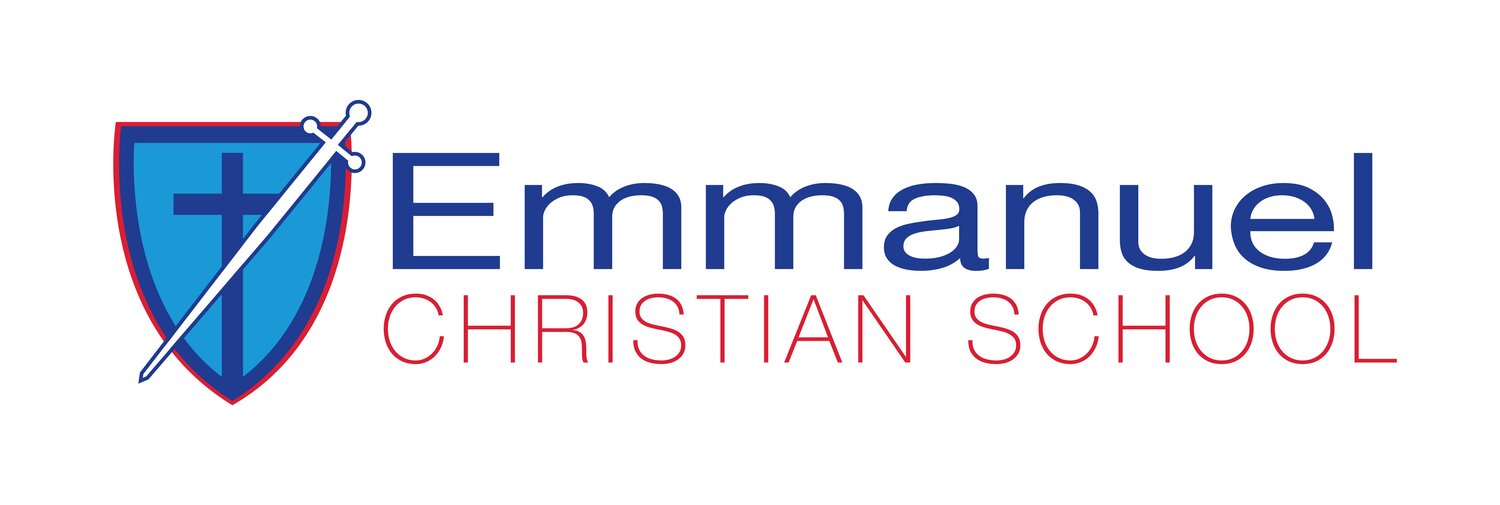Resilience is a term that is thrown around frequently in the education and parenting sphere but what does the term really mean?
When we are referring to the term, we are discussing a person's ability to handle difficult situations in their life and their ability to build and move on from the situation, (Beyond Blue). Some examples of this might be moving houses or schools, dealing with the stress of school assessments or coping with the death of a loved one.
As Teachers, we try our best to teach resilience and to help students to become resilient learners, but why is resilience so important and can the life skill really be taught or developed?
The simple answer is yes and research suggests that helping students from an early age to develop resilience may be the best way to set them on the right path for success, particularly in their mental health and well-being.
According to the Melbourne Child Psychology, Psychologists have identified two main areas of adversity.
The first is Low-level adversity and this refers to times where the person may experience stress, such as a bad result in a report card or a challenge in a social situation. The second is characterised as Major adversity. This type is commonly seen as a mental health issue or can be caused by situations such as bullying.
This year, there has been higher levels of stress seen more than ever before and more children are appearing to be suffering from Mental Health problems due to the current COVID-19 crisis and changes in their normal routine.
So, it is important that we ensure that we are helping our young people in the best possible way to not only develop their resilience but also to support them in identifying when they are feeling anxious or stressed and where to seek help.
The following are some helpful tips from Melbourne Child Psychology surrounding ways that you can help your child to develop resilience:
Cultivating a Growth Mindset. This is a focus on the effort that your child applies to a task, rather than it’s outcome. Displaying helpful thinking such as “I know you did not receive the result that you were aiming for but what can you do to improve next time?”
Encouraging your child to practice gratitude regularly and being a good demonstrator of this yourself.
Encouraging their awareness of “letting go” of negative thoughts. By encouraging your child to do so, they will be able to reduce the stress of a negative situation.
In conclusion, resilience in young people can help them to respond to low and major events in a less stressful way and can and should be taught to young people. Particularly after the last few months, I have been encouraged by the Bible verse from Joshua 1:9 “Have I not commanded you, be strong and courageous. Do not be disheartened and do not be dismayed, for the Lord your God is with you wherever you go.” We serve an Almighty God who has been and is continuing to walk with us and we never have to feel alone.
Laura Ferguson — Academic Coordinator








